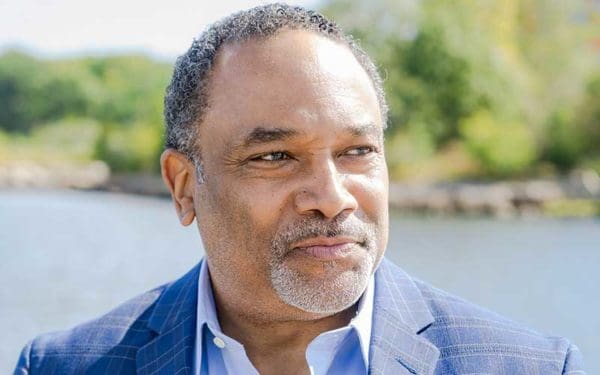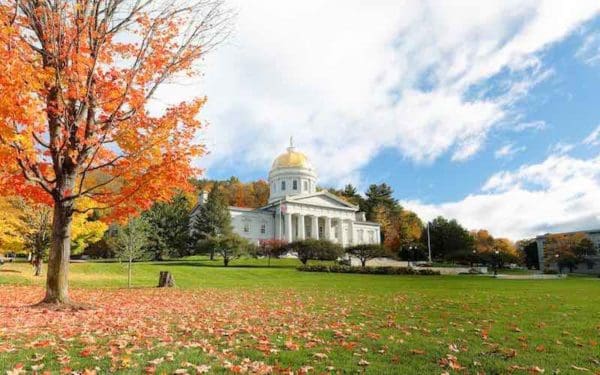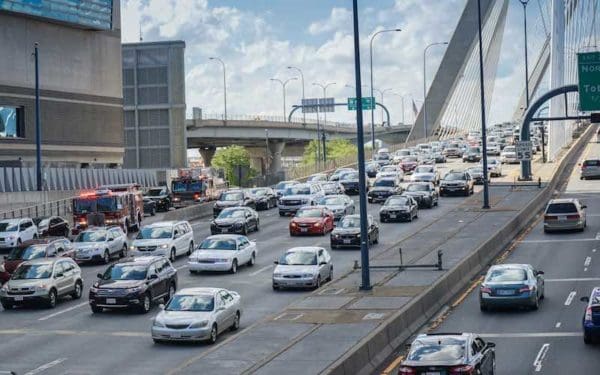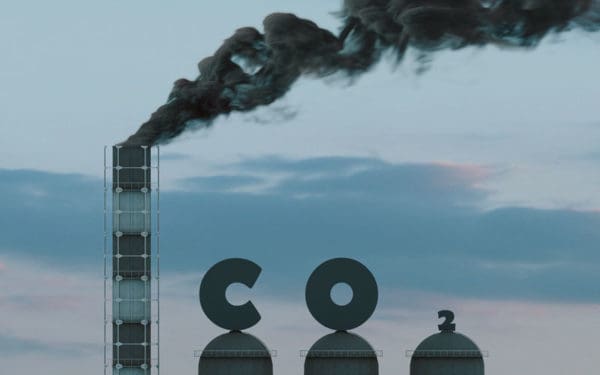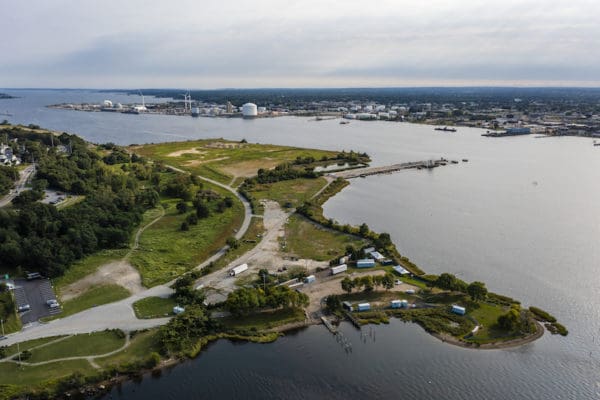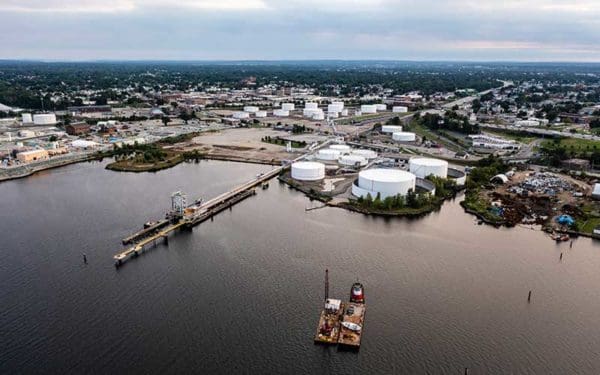Dec 10, 2021
“The PUC has dealt a devastating blow to New Hampshire families, businesses and our planet,” said CLF Attorney Nick Krakoff. “Energy efficiency programs help us reduce our energy use, which means lower bills and less damaging climate pollution from fossil fuels. The absurd and arbitrary decision to do away with these popular programs must be overturned.”
Dec 08, 2021
We must learn as a people to protect not only ourselves and the environment but also to fight another form of systemic and institutional racism that is killing us all – environmental racism.
Dec 07, 2021
As we reflect on what went wrong at last month’s global climate conference, we can find hope in everything we’ve accomplished in New England. Our fight isn’t over yet.
Dec 03, 2021
Vermont just released a roadmap to reach the targets of our Global Warming Solutions Act. Let’s dive into some of what it got right and what needs more work.
Dec 01, 2021
“The climate crisis is putting Vermont’s communities at risk as we speak,” said Elena Mihaly, Vice President of CLF Vermont. “The Climate Action Plan is a huge first step in slashing polluting emissions, building smarter, and prioritizing communities overburdened by climate impacts. We’ll be pushing to make sure the implementation of the plan prioritizes cleaning up our transportation systems and transitioning to truly clean heat and electricity. Our homes, land, and critical resources can’t wait.”
Nov 18, 2021
“TCI was never going to be enough to address the impacts and needs of the region’s transportation systems,” said Staci Rubin, Vice President of Environmental Justice at CLF. “Transportation is the largest source of planet-warming emissions in New England, and our current systems have overburdened communities of color with air pollution for decades. We must overhaul the way we move people and goods, and it must be done in a way that recognizes and addresses these historic inequities and brings everyone to the table in finding a solution. CLF will continue to work with impacted communities and our states to move that process forward.”
Nov 18, 2021
An international climate conference in Glasgow just ended. It’s left me feeling frustrated and angry, but I know I can still find hope in local action.
Nov 12, 2021
Our forests, open spaces, farms, and ocean can help us fight the climate crisis if we responsibly manage and conserve them. It’s time for Congress to invest in natural climate solutions now.
Nov 05, 2021
The House Oversight Committee recently held a hearing to interrogate Big Oil executives about their companies’ decades of deliberate climate disinformation. A disappointing yet unsurprising outcome tells us it’s time for more climate mandates for real accountability.
Nov 05, 2021
Perched on the edge of the Providence River, Shell Oil’s storage facility is a disaster waiting to happen. Built on filled land at sea level, the facility sits directly in harm’s way as climate change impacts worsen. Despite knowing these risks, Shell Oil has failed to prepare its facility for climate change. CLF’s Case against… Continue reading Video: Why We’re Holding Shell Oil Accountable for Its Climate Change Impacts


